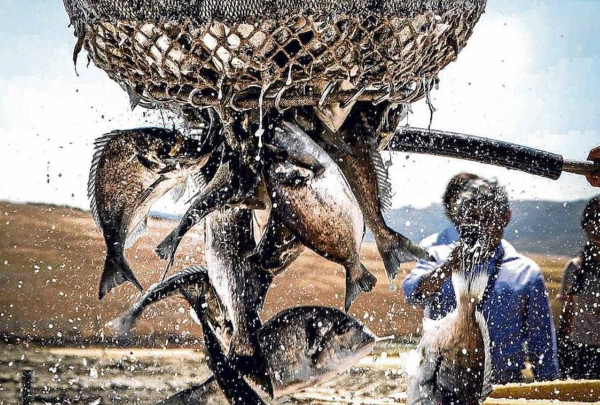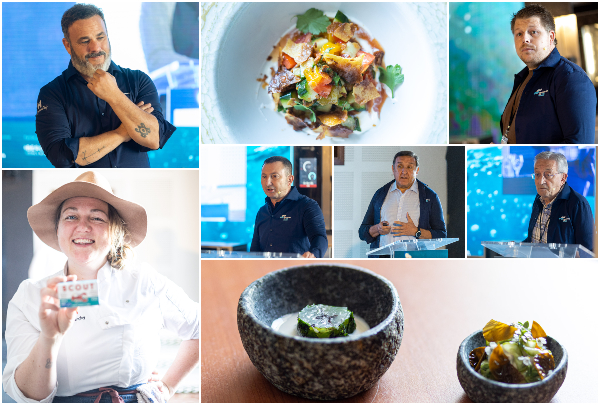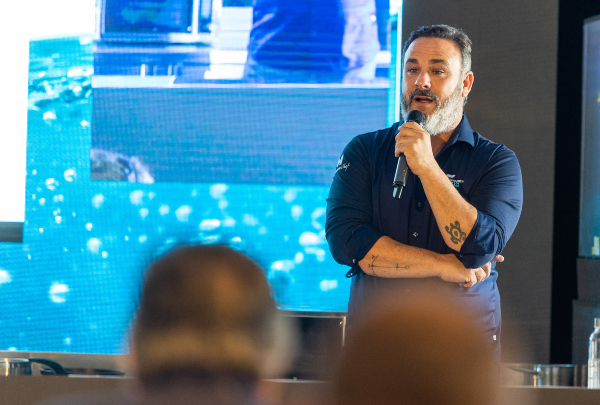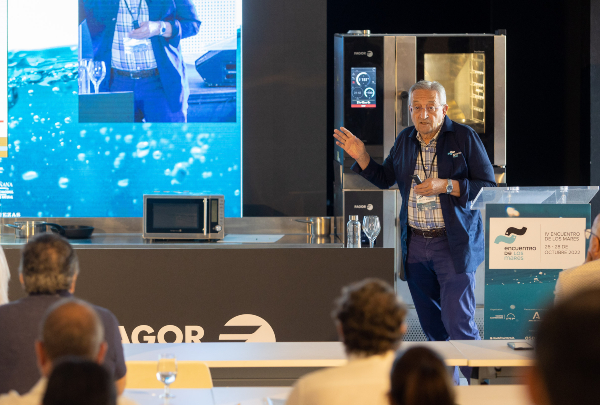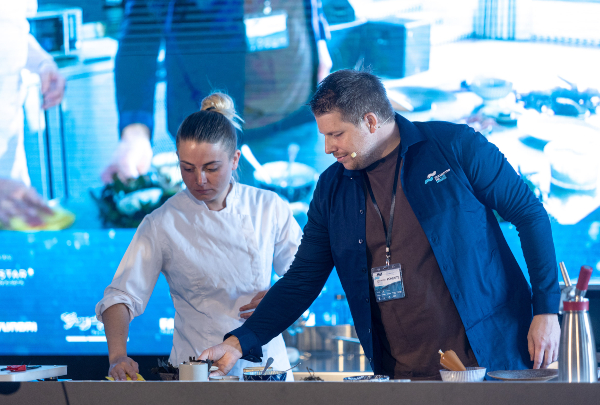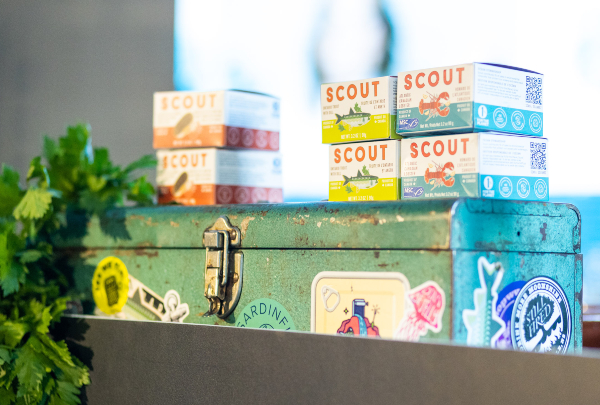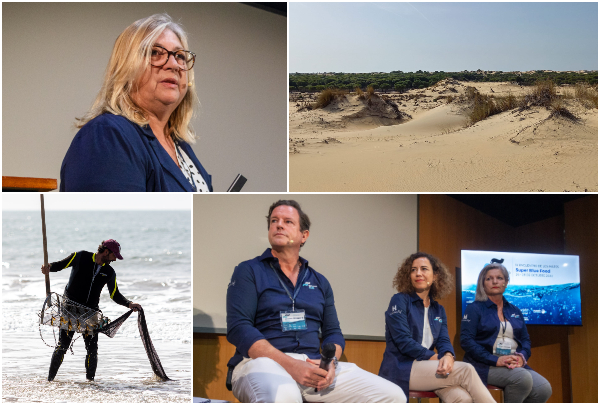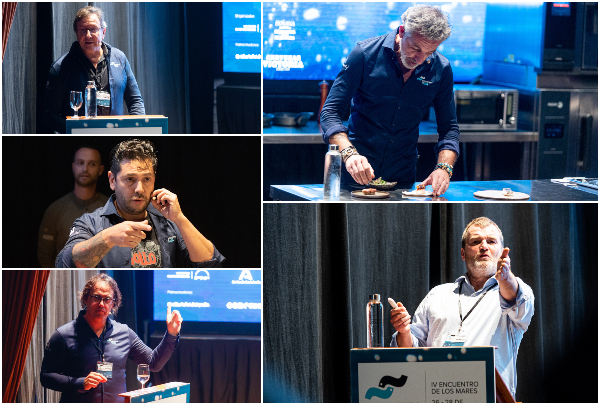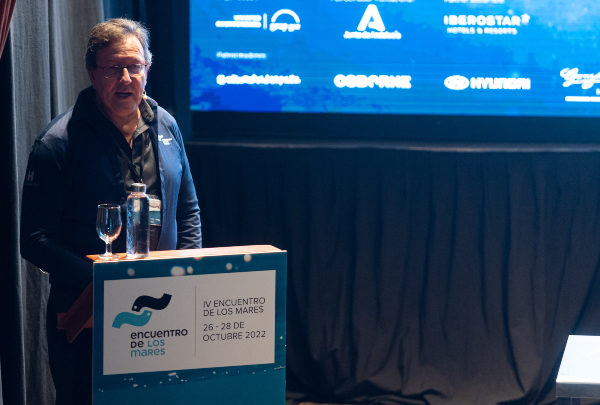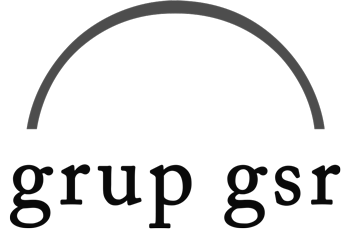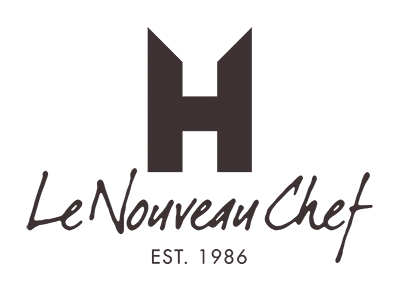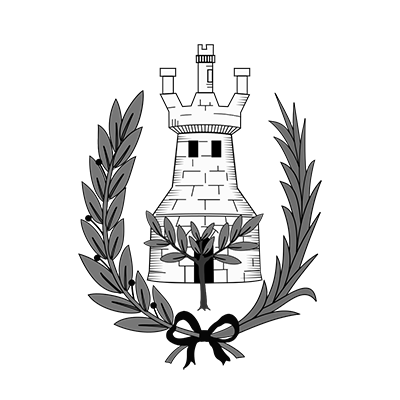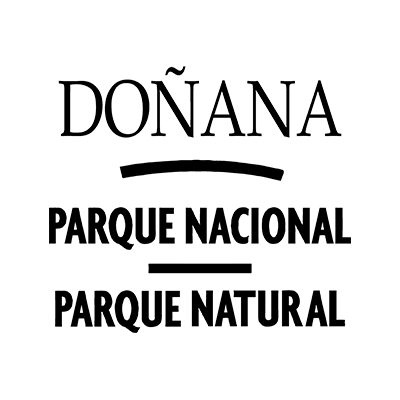News
Michael Bank: “Cooperation by everyone is essential for the recovery of seas and oceans”
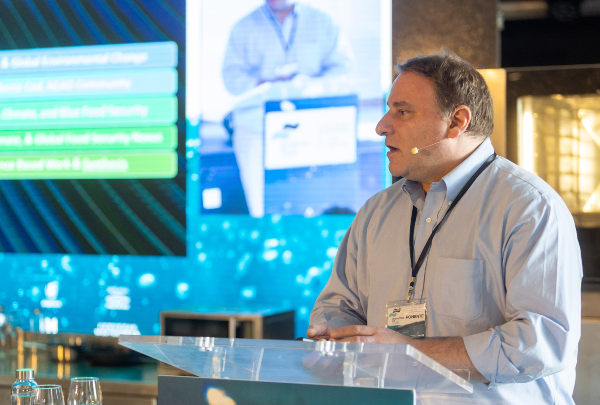
Michael Bank, scientist at the Institute of Marine Research in Bergen (Norway), presents a number of studies on global environmental change, blue foodstuffs and the problems of contaminants.
Our way of life and how we eat affect our environment. It has been found that the planet has less and less oxygen, the sea is acidifying, microplastics (and the chemicals they contain) are proliferating in the water and in the air, and the global increase in temperature affects the climate and the species which inhabit the Earth
The studies and reports presented by Michael Bank bear this out. According to the scientist, it has been observed that the higher temperature of sea water enlarges fish gills - to help them breathe more easily - and reduces their body size by up to 30% when the temperature rises between 1 and 2 degrees.
It has also been observed that microplastics do not only encroach on sea water, but also on air. This is because these contaminants enter and exit water. A new biogeochemical cycle has emerged, mainly generated by waste or by practices such as the washing of fabrics. But for Bank, the most important aspect is not microplastics, but rather the chemicals they contain. “They are responsible for the deterioration of the environment and human health, but we cannot gauge the extent to which this is affecting us". If this study is to be carried out, it will call for collaboration between several industries and scientists, and this would also help to find out how it affects blue foodstuffs.
Michael then went on to analyse levels of mercury in fish, since this is the largest pollutant in the fishing industry. One of the main features in this regard is cod, which has stable levels of mercury, but no one knows why. Different data have been found for other species. For example, it has been observed that from the Arctic to Denmark, where we can find 17 different fish species, the level of pollution is lower.
Two of the problems he also mentions in his talk are illegal fishing and abuse of the conditions of employment of those working at sea. “We know, for example, that in northwest Africa practices are not as they should be. In this regard, social responsibility must be taken into account. Businesses such as fisheries or restaurants must choose their suppliers", the scientist said. Choosing those who respect regulations, the sea and the workforce could help combat illegal practices.
Michael Blank finished off by opening up a window of hope that "this congress has stated that we could retrieve the sea in 10,000 days. That's not so long, and we should take a look at the strategies we could apply beyond consumption, and also take a look at traceability. Human cooperation is essential in this regard".
